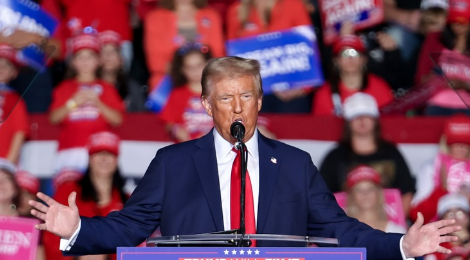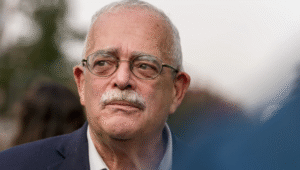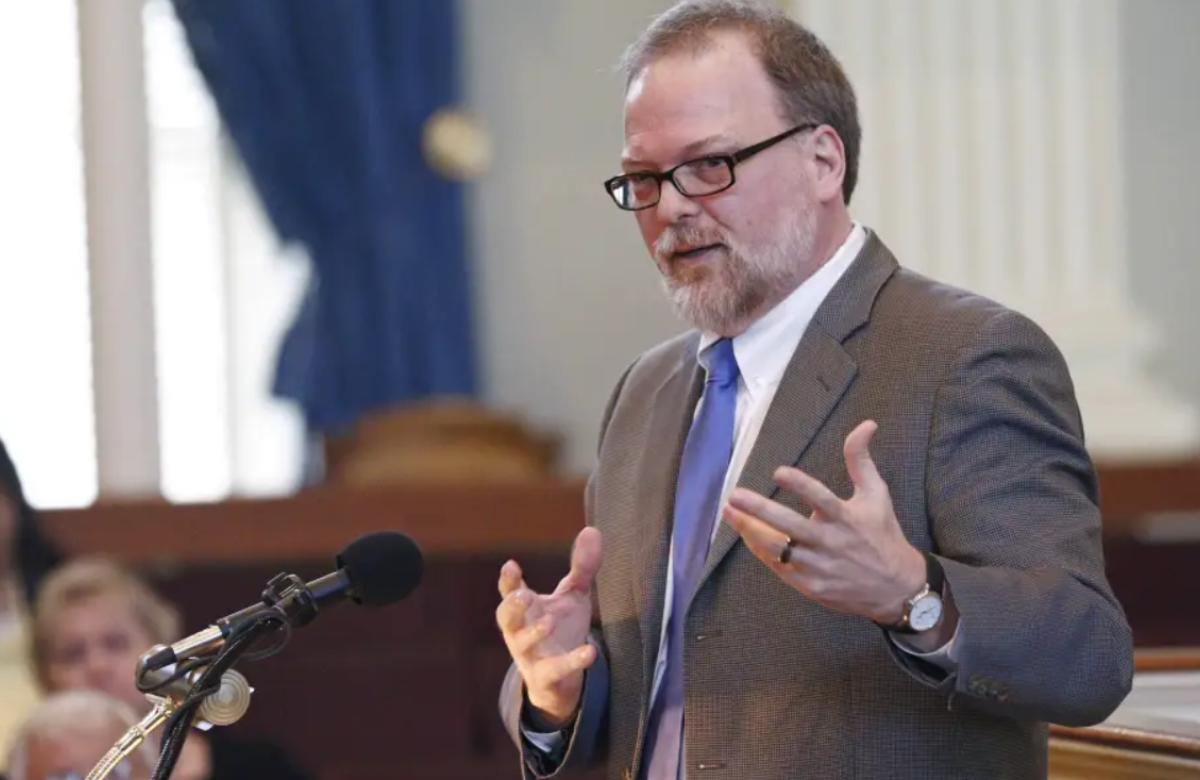President-elect Donald Trump has selected Dr. Jay Bhattacharya, a health economist and critic of pandemic lockdowns and vaccine mandates, to lead the National Institutes of Health (NIH), the country’s top medical research agency. In a statement on Tuesday, Trump announced that Bhattacharya, a 56-year-old physician and professor at Stanford University School of Medicine, will collaborate with Robert F. Kennedy Jr., his nominee for the Department of Health and Human Services, to oversee the nation’s medical research efforts. Their goal, according to Trump, is to make significant medical discoveries that will improve health outcomes and save lives.
Trump emphasized that together, Bhattacharya and Kennedy will work to restore the NIH to its “Gold Standard” in medical research, addressing major health challenges like chronic illness and disease in the U.S. This decision highlights the continued influence of the COVID-19 pandemic on the political landscape surrounding public health.
Bhattacharya was one of the three co-authors of the Great Barrington Declaration, an open letter published in October 2020 that argued lockdowns were causing lasting damage.
The document, released before COVID-19 vaccines were available and during the first Trump administration, advocated for the concept of “herd immunity.” It suggested that individuals at low risk should resume normal activities and build immunity to COVID-19 through natural infection. The document also recommended that efforts to protect public health should focus primarily on those at higher risk.
In March 2021, Bhattacharya stated during a panel discussion organized by Florida Governor Ron DeSantis that he believed the lockdowns were “the single biggest public health mistake.”
The Great Barrington Declaration gained support from some members of the first Trump administration, despite being strongly criticized by health experts. Dr. Francis Collins, the former NIH director, described the declaration as dangerous and not aligned with mainstream scientific views.
Bhattacharya’s nomination for the position would require Senate approval.
On Tuesday, Trump also announced that Jim O’Neill, a former official at the Department of Health and Human Services (HHS), will be appointed as deputy secretary of the agency. Trump stated that O’Neill will be responsible for overseeing operations and improving management, transparency, and accountability to help “Make America Healthy Again.”
O’Neill stands out among Trump’s health picks as the only one with prior experience working within the federal bureaucracy. In contrast, Trump’s other selections for public health leadership roles—such as Robert F. Kennedy Jr. for the Department of Health and Human Services, Dr. Mehmet Oz for Centers for Medicare and Medicaid Services administrator, and Dr. Marty Makary for FDA commissioner—are all outsiders with promises to reform the agencies.
Bhattacharya, who faced restrictions on social media due to his views, was also a plaintiff in the case Murthy v. Missouri. This Supreme Court case argued that federal officials wrongly suppressed conservative opinions on social media as part of their efforts to combat misinformation. The Court ultimately ruled in favor of the Biden administration in this case.
After Elon Musk purchased Twitter in 2022, he invited Bhattacharya to the company’s headquarters to discuss how his views had been restricted on the platform, which Musk later rebranded as X.
Recently, Bhattacharya has shared posts on X about scientists leaving the site and joining the alternative platform Bluesky, sarcastically referring to Bluesky as “their own little echo chamber.”
Bhattacharya has criticized vaccine mandates that prevented unvaccinated individuals from participating in certain activities and working, arguing that such policies eroded public trust in the health system.
Bhattacharya is a former research fellow at the Hoover Institution and an economist at the RAND Corporation.
The National Institutes of Health (NIH), which Bhattacharya is nominated to lead, operates under the Department of Health and Human Services (HHS), which Trump has nominated Robert F. Kennedy Jr. to oversee. The NIH, with a budget of $48 billion, funds medical research in areas like vaccines, cancer, and other diseases through competitive grants to institutions across the country. It also conducts its own research with thousands of scientists working in NIH labs in Bethesda, Maryland.
Among the significant medical advancements supported by NIH funding are a medication for opioid addiction, a vaccine for cervical cancer, numerous cancer drugs, and the rapid development of mRNA COVID-19 vaccines.













